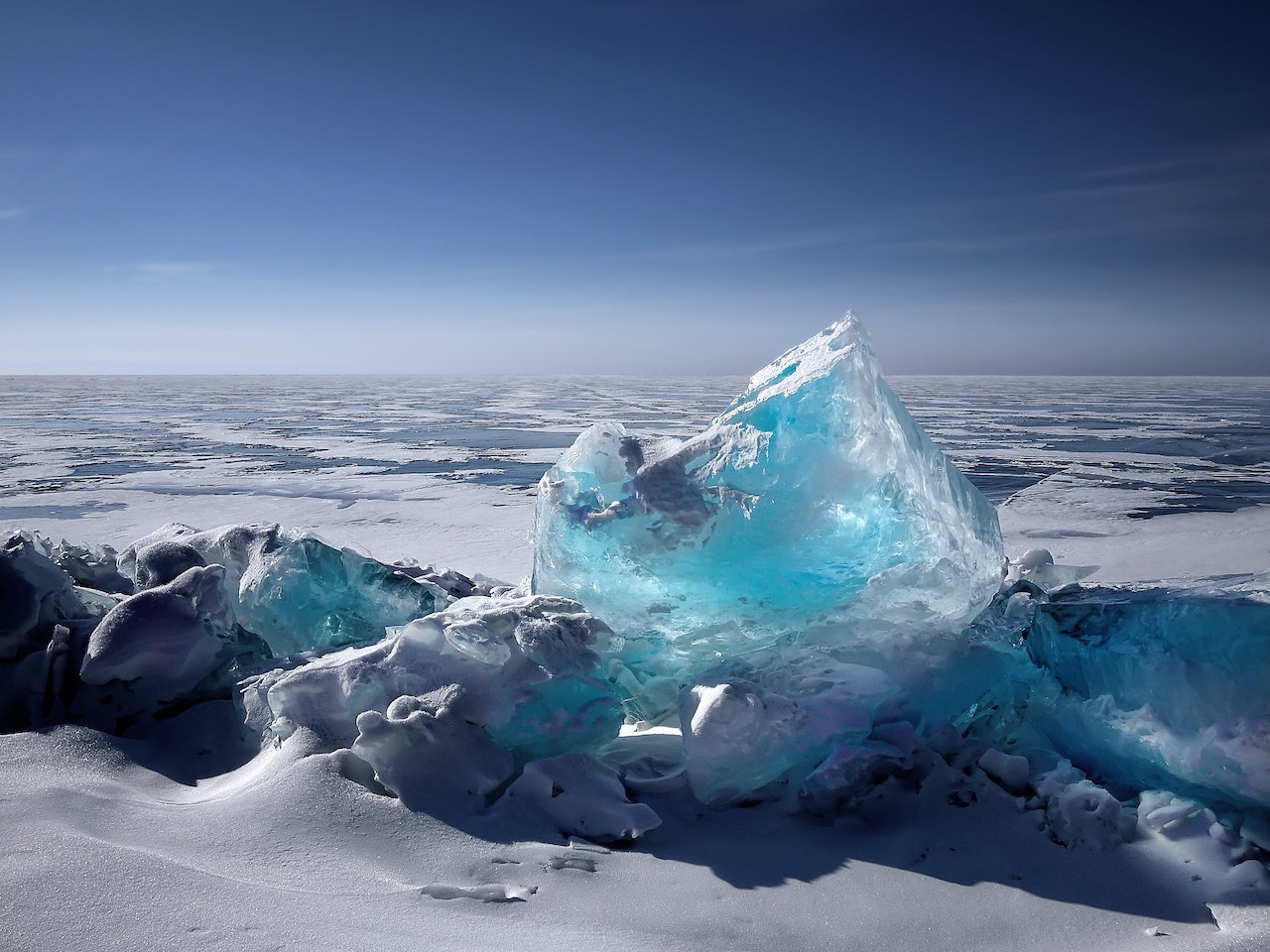This post was originally published on Climate Links
3rd World Conference on Climate Change & Sustainability
jschoshinski
Thu, 12/14/2023 – 16:44
The third edition of World Conference on Climate Change & Sustainability will provide an opportunity to focus attention on the opportunities, challenges and solutions towards net zero worldwide. It will follow up on the first and second edition, held in 2022 and 2023 in Frankfurt and Rome respectively. Climate Week 2024 aims to accelerate collaboration and integrate climate action into global pandemic recovery. Building forward opens an opportunity to address social inequalities and invest in sustainability development that is good for humanity and nature.
Joining this year’s Climate Week 2024 Barcelona event you’ll learn how people are affected by climate change – from Midwest farmers to coastal residents and urban dwellers. Everyone is a climate stakeholder. You’ll also learn about the people who are finding solutions to climate change, and you’ll get ideas of how to take action to help address climate change.
Event Date
– Wednesday, October 23, 2024, All day
Sponsored by
Advanced registration required
Registration Deadline
External Link
Event Format
Event Type
Topic
Strategic Objective
Sectors
Region
Add to calendar
2023-12-15 17:55:49
2023-12-15 17:55:49
Title
Description
Location
Global Climate Change
team@climatelinks.org
UTC
public





0 Comments